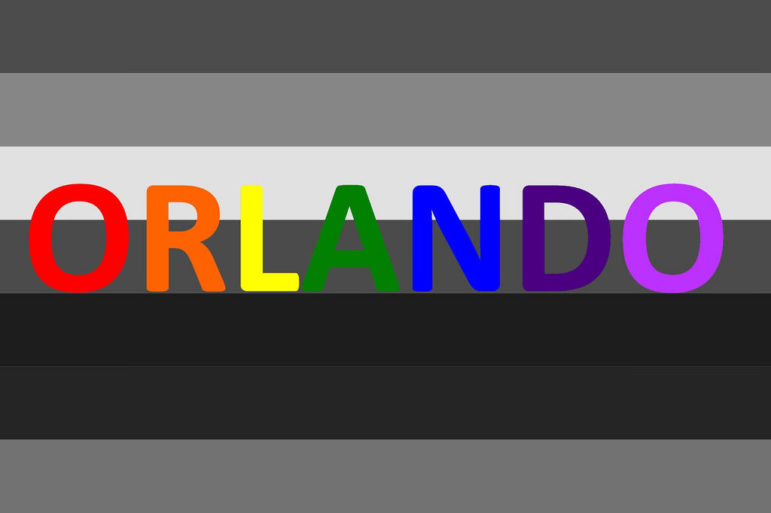
October 12, 2016; WESH-TV (Orlando, FL)
NPQ recently wrote in its nonprofit newswire about the fundraising issues for local nonprofits in Baton Rouge caused by the diversion of funds in response to the disastrous flooding. Now, we are hearing a similar story about nonprofits in the Orlando area after the shooting at the Pulse nightclub. Is the displacement of charitable funds immediately after a disaster something to which philanthropy should pay more attention?
In the wake of the shooting, the Central Florida corporate community made significant contributions to help victims and their families. But other nonprofit organizations in Orlando are now struggling as companies that typically supported them have already exhausted their charitable giving for the year. One such organization that has adjusted its fundraising plans is Libby’s Legacy Breast Cancer Foundation. The Foundation, which provides educational opportunities and free mammograms, had to cancel its annual “Scooters for Hooters,” scheduled to take place in late October. In the past, this organization raised more than $200,000 each year though this event. Organizational leadership made the decision to cancel the event due to lack of corporate sponsorships.
Individual donations likely have suffered as well thanks to the proliferation of GoFundMe and other campaigns to help the victims and their families. More than 430 campaigns to help were launched after the shooting. The officially sanctioned Equality Florida campaign raised more than $7 million. And, while some campaigns were legitimately charitable, others were not. Florida law does not require filing or confirmation of charitable status for private initiatives to raise funds to help victims. A nonprofit crowdfunding site such as CrowdRise requires its participants to prove their charitable status.
Sign up for our free newsletters
Subscribe to NPQ's newsletters to have our top stories delivered directly to your inbox.
By signing up, you agree to our privacy policy and terms of use, and to receive messages from NPQ and our partners.
The many private GoFundMe and other campaigns to support the shooting victims and families have also negatively impacted recent disaster fundraising efforts. Both the American Red Cross and the Baton Rouge Area Foundation reported that incoming funds were not meeting the demand.
Whether an account has been set up for a natural disaster or some other type of well-publicized emergency, donations via online campaigns can sometimes diffuse private philanthropy. The attraction of a GoFundMe appeal is its immediacy and the person-to-person sharing. However, five percent of the donation (not the highest or lowest among the alternatives) goes to the GoFundMe processor fee in addition to the nominal credit card transaction fee, which is a concern when comparing to the cost savings gained by donating directly to a charity responding to a crisis. On the other hand, crowdfunding has its place, accomplishes immeasurable good, and is here to stay in the fundraising landscape.
The leadership of Libby’s Legacy Breast Cancer had a hard decision to make. The unfortunate reality is that most fundraising opportunities are fluid. Influences like an emergency that captures everyone’s attention, an economic downturn, or a charity simply realizing an annual event has lost its steam can force a course correction in a charity’s planning. While it can be helpful to try to look back at how fundraising may have dipped during a prior unforeseen event, there is no true way to predict whether or when something might directly impact the local philanthropic community. The most recent post on Libby’s Legacy Facebook page is one of gratitude—almost everyone who had previously registered for the event has indicated they will simply donate the registration fee and even continue with their fundraising efforts.—Kelley Malcolm













